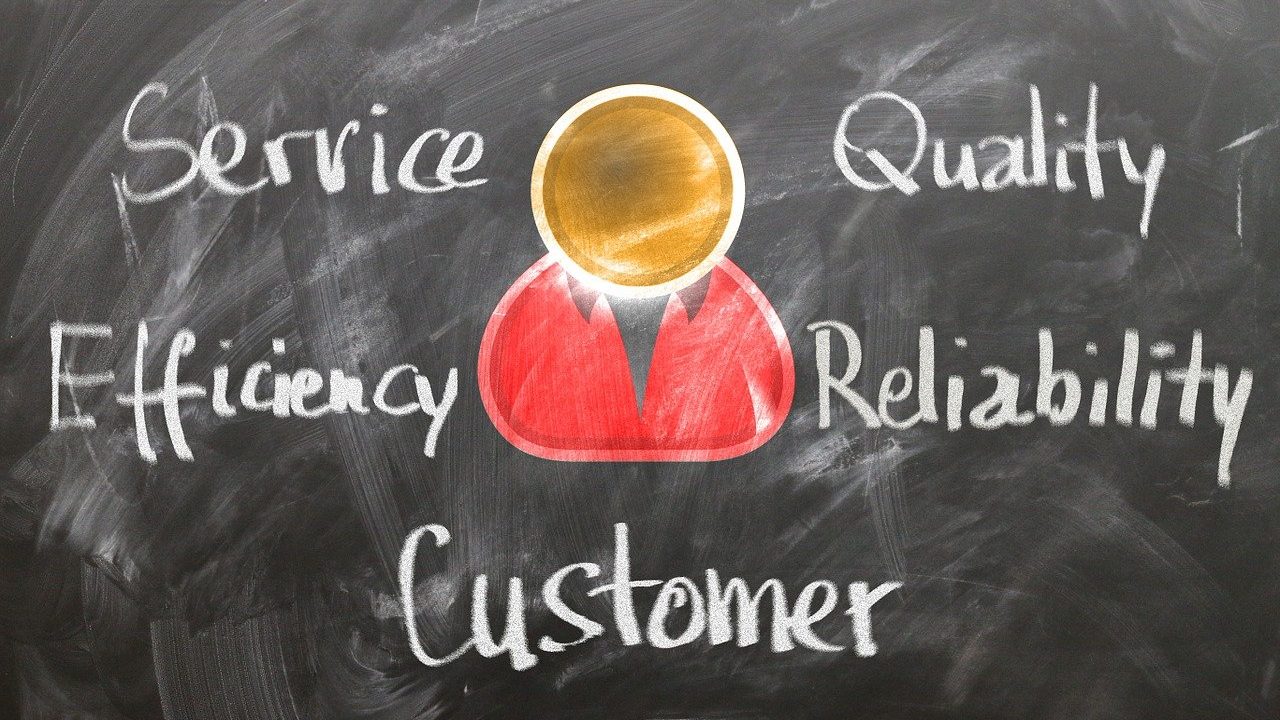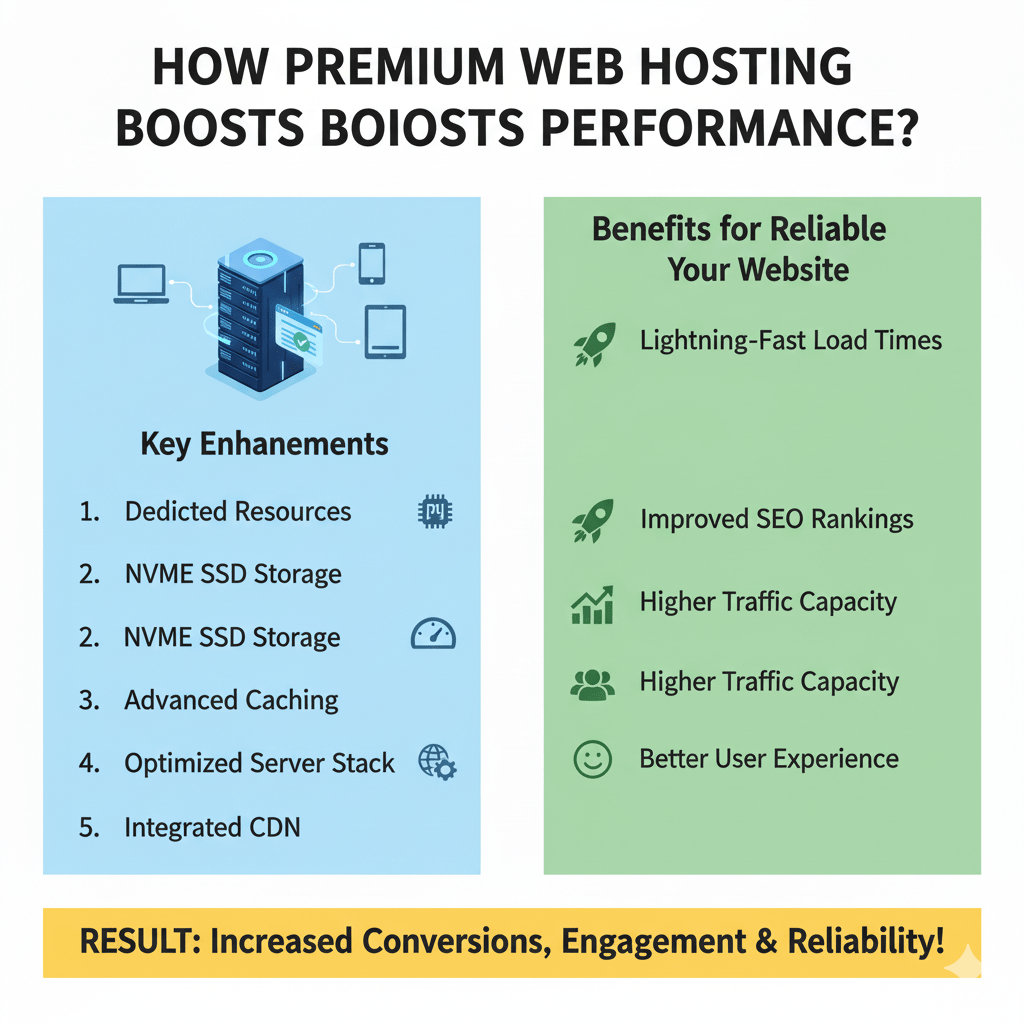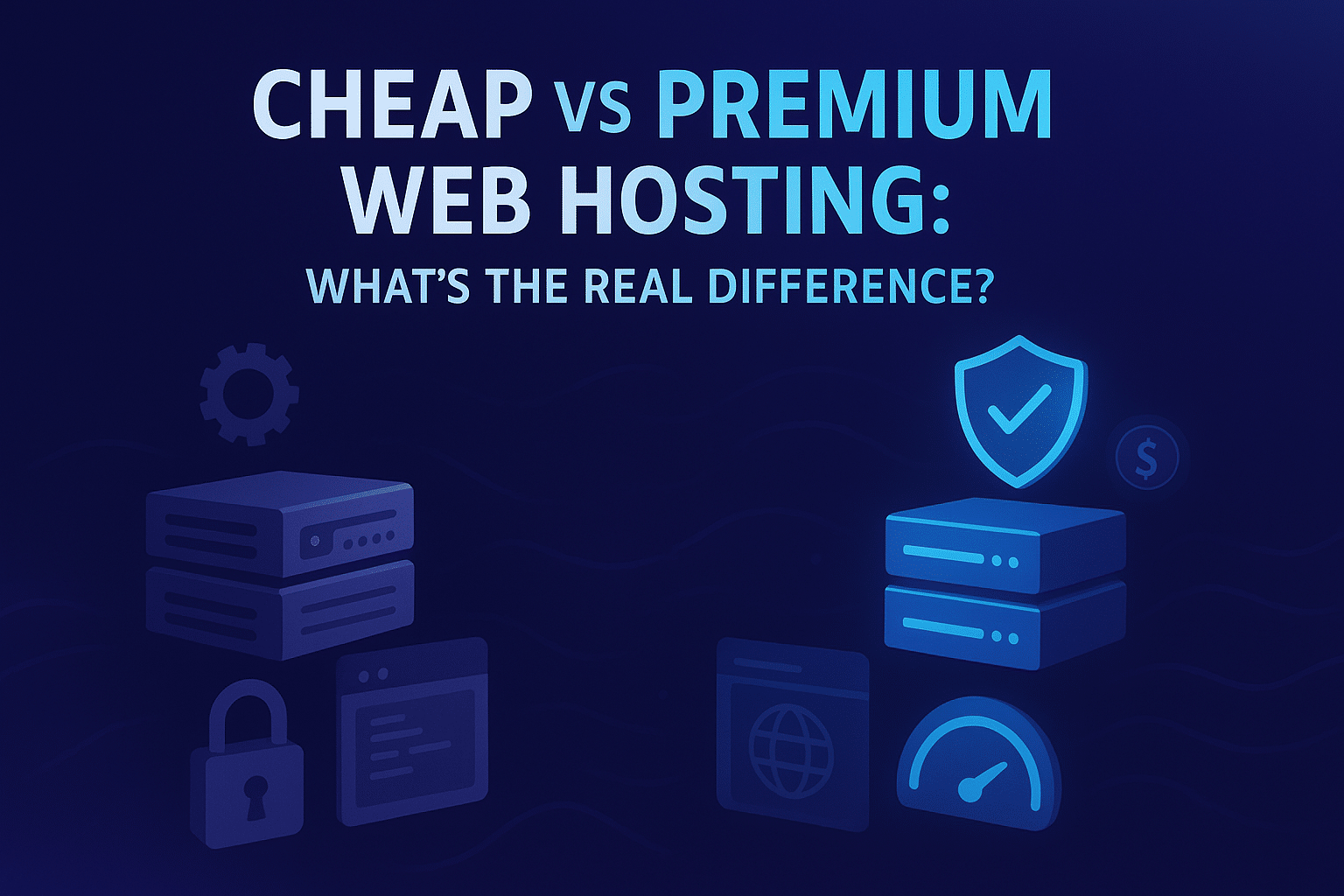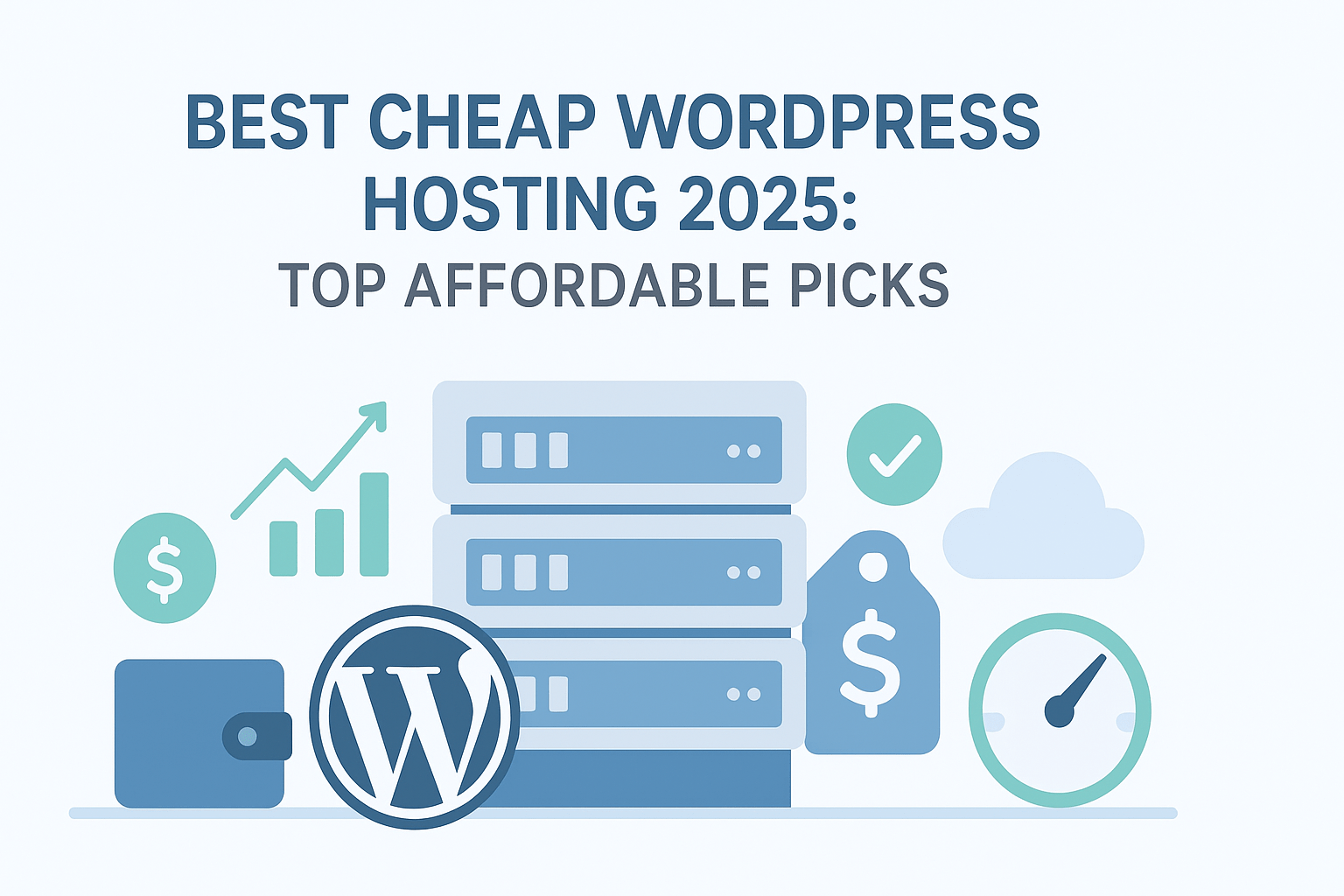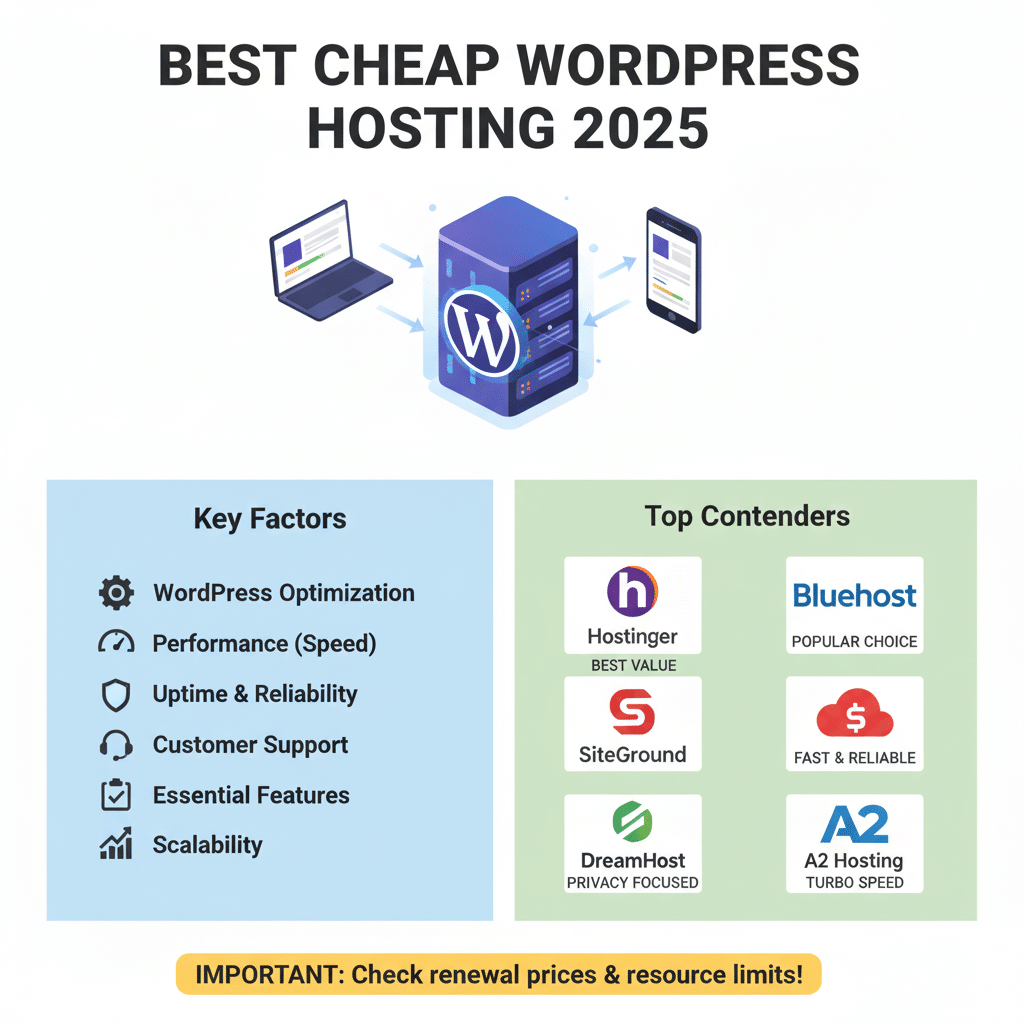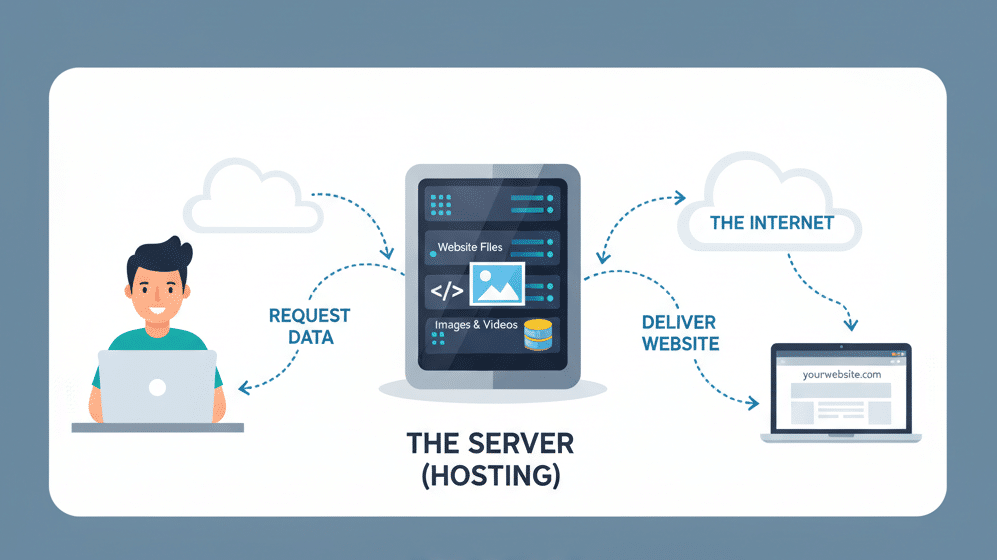The Hidden Costs: Why Budget Hosting Is a Bad Bet for Your Business
Did you know that a mere one-second delay in page load time can lead to a 7% reduction in conversions and 11% fewer page views? In today’s hyper-competitive digital landscape, where user patience is thin and attention spans are fleeting, your website’s performance is paramount. Many businesses, especially startups or those looking to cut costs, often fall into the trap of opting for cheap hosting. While seemingly a clever budget-saving move, this decision can inflict severe, long-term damage on your search engine optimization (SEO) efforts and, crucially, erode customer trust.
At our software house, we understand that a robust online presence is built on a foundation of reliability and speed. Skimping on web hosting isn’t just a minor technical detail; it’s a critical flaw that can undermine your entire digital marketing strategy, making it harder for potential customers to find and trust you. This article will delve deep into why opting for budget hosting solutions is a false economy, detailing its devastating impact on your SEO and brand reputation.
How Cheap Hosting Devastates Your Search Engine Optimization
Google and other search engines prioritize user experience above all else. A slow, unreliable website signals a poor user experience, which directly translates to lower rankings. Here’s how cheap hosting actively works against your SEO strategy:
Page Speed: The Unsung SEO Hero
One of the most immediate and significant impacts of cheap hosting is slow page loading times. Shared hosting, where hundreds or even thousands of websites share the same server resources, often leads to sluggish performance. Search engines, armed with advanced algorithms, including those powered by artificial intelligence and machine learning, heavily penalize slow sites. Google explicitly states that page speed is a ranking factor, especially for mobile searches.
Imagine your ideal customer performing a keyword research query, finding your site, and then waiting endlessly for it to load. They’re gone. This increased bounce rate tells search engines that your site isn’t providing a good user experience, pushing your rankings down. Tools that leverage AI SEO keywords can pinpoint these performance bottlenecks, but if the core issue is your hosting, no amount of keyword planning or content optimization can fully compensate.
Downtime: Erasing Your Digital Presence
Cheap hosting providers often offer minimal uptime guarantees, leading to frequent and unpredictable server outages. When your website is down, it’s not just inaccessible to users; it’s also invisible to search engine crawlers. Repeated instances of downtime signal unreliability, severely damaging your SEO. Google might de-index your pages or, at best, significantly lower your ranking as it considers your site unreliable and, therefore, less valuable to its users.
A website that’s frequently offline effectively ceases to exist for its target audience and search algorithms, negating all your hard work in keyword planning and content creation.
Security Vulnerabilities: A Trust Betrayal
Budget hosting often comes with inadequate security measures, making your website a prime target for cyber-attacks, malware, and data breaches. A compromised website can not only lose sensitive customer data but also be blacklisted by search engines. Google actively warns users about insecure sites, placing large red warnings in search results. This is a death knell for your SEO strategy and utterly shatters customer trust.
Furthermore, cleaning up a hacked site is costly and time-consuming, diverting resources from crucial digital marketing initiatives.
Geographic Server Location: The Invisible SEO Killer
Another often-overlooked factor in hosting is the server’s physical location, which directly influences your website’s loading speed and SEO rankings. Search engines, including Google, take server proximity into account when determining how fast your pages load for users in different regions. If your website targets customers in Pakistan but your hosting server is located in the U.S. or Europe, every page request has to travel thousands of miles — resulting in noticeable delays.
Cheap hosting providers rarely offer server location flexibility. They typically place all client websites on a few centralized data centers to save costs, regardless of where the businesses’ audiences are. This mismatch creates latency issues, making your website slower for your target market. Even a difference of a few hundred milliseconds in server response time can add up, negatively impacting user experience and SEO performance.
Moreover, Google’s algorithms also consider local relevance when ranking websites. A site hosted on servers closer to its target audience is perceived as more relevant and trustworthy, giving it a slight but meaningful SEO advantage. When you choose low-cost hosting, you lose this edge.
The Ripple Effect on Brand Reputation
Inconsistent performance caused by poor hosting doesn’t just hurt your rankings — it damages how customers perceive your brand. Users subconsciously equate your website’s reliability and speed with your business’s professionalism. A slow or frequently down website signals that the company behind it may be disorganized or untrustworthy.
Think about it: if a customer can’t even access your site without frustration, why would they trust you to handle their personal data or deliver quality products or services?
Conclusion: Hosting Is Not a Place to Cut Corners
Your hosting choice isn’t merely a technical decision — it’s a strategic investment in your business’s digital future. Budget hosting may save a few dollars today, but it can cost you thousands in lost traffic, sales, and reputation down the road.
At our software house, we help businesses choose scalable, secure, and high-performance hosting solutions that align with their growth goals. Because in the online world, your hosting is not just where your website lives — it’s the foundation of your brand’s credibility and success.

